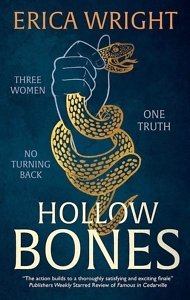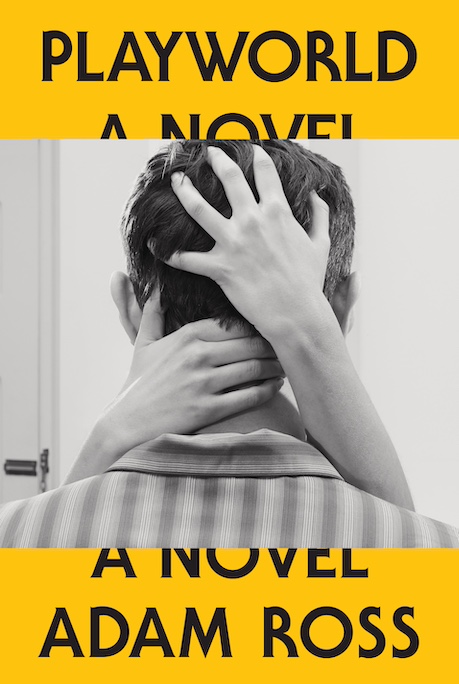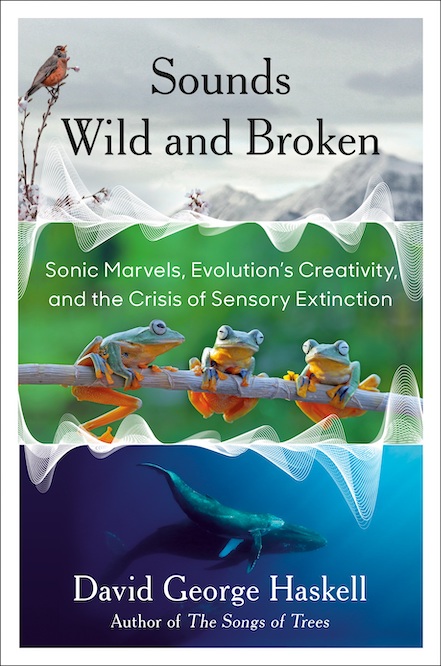A Venomous Presence
Erica Wright’s latest novel features real and metaphorical serpents
Knoxville author Erica Wright opens her latest novel, Hollow Bones, with the image of a snake being pulled onto a lap. It’s an eerie beginning, and it serves as the perfect transition from the author’s 2020 essay collection, Snake, about the often-maligned creature. In both the earlier book and this new one, fear exists — and it is consuming.

Hollow Bones is a contemporary retelling of Shakespeare’s Measure for Measure set in West Virginia, and it follows three characters: Essa Montgomery, Merrit Callahan, and Juliet Usher. While Wright fully develops each, Essa is the soul of the novel.
Essa’s story begins unassumingly enough. At the age of 20, she’s already been working for several years at the Vintera Wildlife Investigation Laboratory, where she minds the lab and assists Dr. Kester with tasks like performing a necropsy on a bat. She’s a quiet woman, the kind of person who does what she is supposed to do when she is supposed to do it. Her seemingly simple life, though, gets a sudden jolt as the town’s local sergeant and lieutenant pay her an unexpected visit, informing her that New Hope Pentecostal Church has succumbed to a fire, killing the two people inside — and that her brother, Clyde, is the primary suspect.
Wright carefully unfolds Essa’s backstory, informing us of her past and of her relationship with New Hope and snake handling. While Essa has escaped the grip of her fundamentalist childhood, the complexities with New Hope still linger: “The practice had all but died out. The South had once claimed hundreds of so-called ‘signs-following’ Pentecostal churches, congregations that took the Gospel of Mark literally and praised Jesus while dancing with cottonmouths or drinking strychnine. Now only a handful remained. West Virginia was the holdout, the last state to legally allow the practice. And yet New Hope thrived.” The very presence of this church and its congregants allows tension to build.
 Essa’s personal history, too, aids in developing the venomous presence of New Hope’s devilishly charismatic, serpent-wielding Pastor Micah, who balances the task of being a savior to some and a villain to others. In numerous scenes, Wright allows us to see the spell Pastor Micah casts: “His voice — with a slight twang Essa still couldn’t place — caressed the crowd. When he whispered, everyone else leaned forward, and when he boomed, it felt like being baptized in warm lake water.”
Essa’s personal history, too, aids in developing the venomous presence of New Hope’s devilishly charismatic, serpent-wielding Pastor Micah, who balances the task of being a savior to some and a villain to others. In numerous scenes, Wright allows us to see the spell Pastor Micah casts: “His voice — with a slight twang Essa still couldn’t place — caressed the crowd. When he whispered, everyone else leaned forward, and when he boomed, it felt like being baptized in warm lake water.”
Pastor Micah’s gifts as a preacher have made him a powerful figure in a troubled place and a “hero” to the local police, despite his murky background:
A few months before he arrived from who knows where, they’d had a shortage of naloxone, the antidote for an opioid overdose. Too many needed in too short a time. Cops and EMTs alike were overworked and underpaid. No amount of complaining to the state would magically make extra resources appear. A fair number of responders quit. The governor suggested more thoughts and prayers. Pastor Micah arrived, as if he’d heard them, and addicts started to call themselves ‘saved.’ Never ‘cured’ but ‘saved.’
Essa’s narrative soon collides with that of Merrit, an ambitious reporter, and Juliet, a medium who is Clyde’s partner. Each barrels toward a showdown with Pastor Micah and the secrets held within their small community.
Hollow Bones is a layered novel that explores a variety of issues, including the impacts of religious trauma, small-town life, familial responsibility, the duty of humans to care for animals and the natural world, how fear can manipulate us, and more. Don’t let the novel’s slimness fool you; Hollow Bones is an incredibly rich work of literature.
Mystery fans will likely devour this book. There are certainly twists aplenty, and the short chapters give the novel a rapid pace. However, what makes Hollow Bones most successful is that it isn’t only a smart and surprising mystery novel. It’s also a rewarding character study.
In other words, there’s nothing hollow here.

Bradley Sides is the author of two collections of short stories, Those Fantastic Lives and Crocodile Tears Didn’t Cause the Flood. He teaches writing at Calhoun Community College and was an instructor at Humanities Tennessee’s Young Writers’ Workshop.


